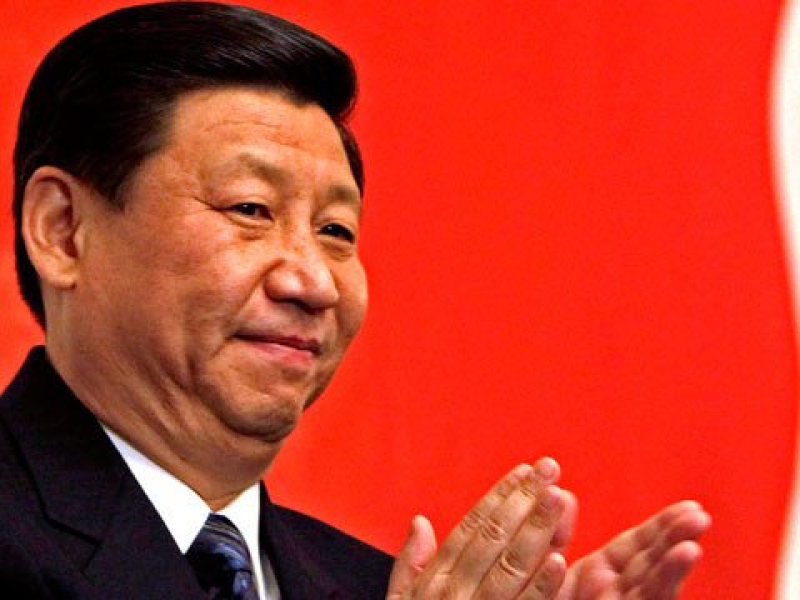

Repression has increased in China since President Xi Jinping took office in 2012.
More than 200 human rights lawyers and advocates have been detained in the last two weeks, which some believe is an attempt by the Beijing authorities to repress civil society groups.
According to Hong Kong-based China Human Rights Lawyer Concern Group, which has been keeping track of the arrests and detainment, at least 238 human-rights lawyers have been detained or interrogated since the crackdown began on July 9. Most of these lawyers have been accused of being involved with the Beijing Fengrui Law Firm, known for its activism and for being involved in politically controversial cases.
Wang Yu was one of the first Fengrui lawyers who was detained by Beijing authorities. She is known for taking on politically conspicuous cases, having represented Cao Shunli, who was denied medical treatment while in custody for her human rights activism; Wu Gan, a rights activist and protest organizer; and Ilham Tohti, a Uyghur economist, writer, and professor at Minzu University of China who was unjustly sentenced to life in prison. She was reported to have disappeared from her home in Beijing on Thursday, July 9.
China's state-run media, Xinhua News Agency, and propagandist of the Communist Party, People's Daily, deny such claims that the government is suppressing the voices of civil society.
"Critics should first get the facts right, get to the bottom of the problem before embarrassing themselves in another unavailing episode of finger-pointing," argued Xinhua in an editorial. The crackdown "should not be interpreted as a human rights issue."
According to a report by Xinhua News Agency and People's Daily, attorneys at Beijing Fengrui Law Firm have admitted to their faults for attempting to soil the legitimacy of China's legal system by staging fake protests outside court buildings and interrupting court proceedings to gain attention.
Xinhua and People's Daily quotes Fengrui's director Zhou Shifeng to have said, "The law firm has indeed broken the law, this is without doubt," according to the Wall Street Journal. "There were indeed specific instances of illegality and criminality, and the errors were fairly serious."
Human-rights groups have criticized the Chinese media for airing confessions before the completion of the court process. "The confessions that they've obtained seem like they are fitting the government's preapproved narrative," William Nee, China researcher at Amnesty International, told the Wall Street Journal.
Since Chinese President Xi Jinping took power in November 2012, the government has been particularly aggressive toward dissenters like human rights lawyers, resulting in heightened oversight of social media and suppression of news organizations, universities, and underground churches, according to human rights lawyers and organizations.
"Rights lawyers are one of the few groups in civil society that could put pressure on the regime so I think they are basically trying to take away what little space is left for them." Keith Hand, an expert in Chinese law, told the Guardian.
Most of the 200-plus lawyers have been released since the detainments began two weeks ago. However, 20 still remain in custody, according to the Human Rights Watch, while six of the 20 are reportedly missing with no clue as to their exact locations.
















